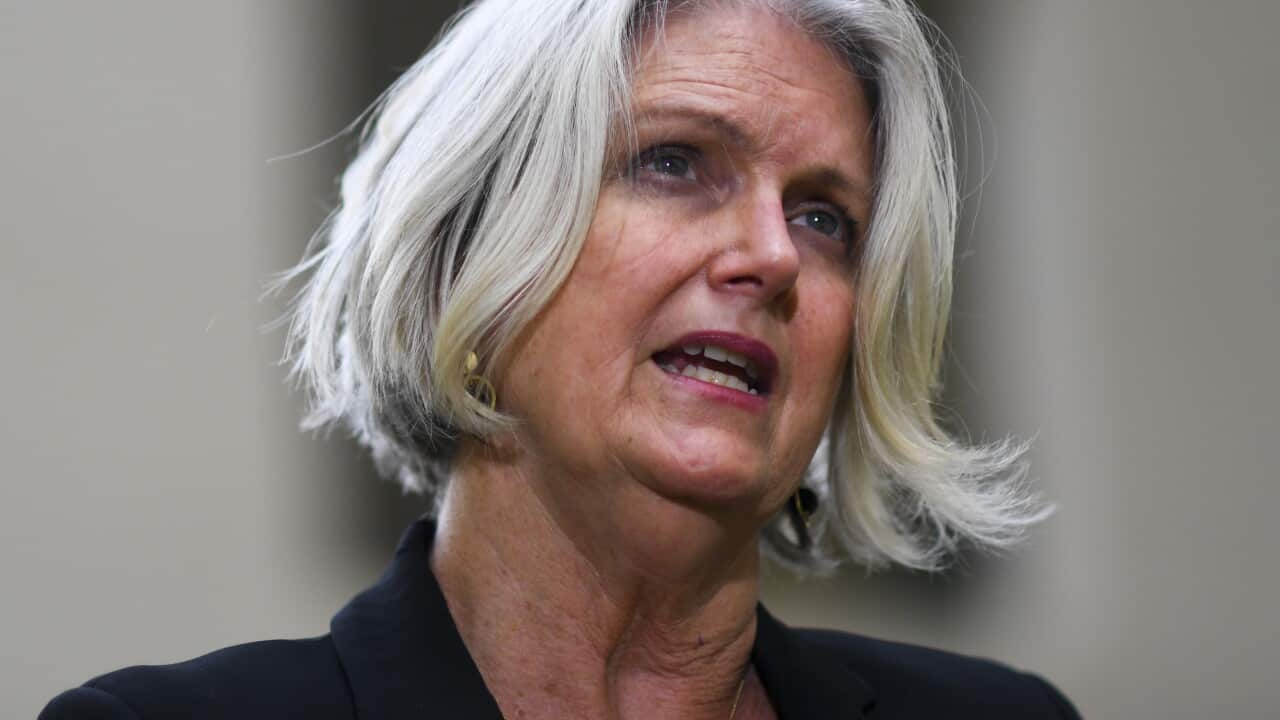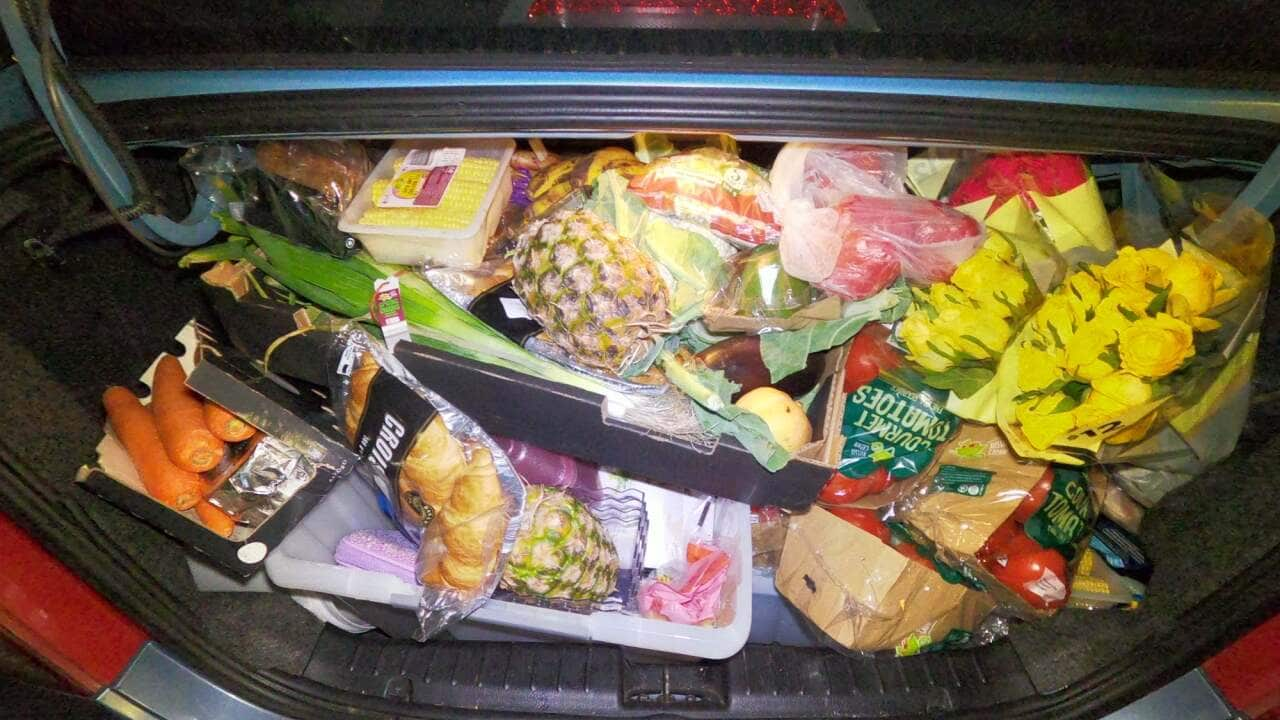KEY POINTS:
- Welfare advocates have told of the hardship Australians are facing amid cost of living pressures.
- They say people with lived experience of poverty need to be included in policymaking.
- They also want the rate of welfare payments to be increased.
Welfare advocates are calling on federal parliamentarians to reverse the "political choice" to keep people in poverty by raising the rate of income support payments.
A parliamentary committee examining the nature and has been told support services are struggling with increased demand as hit people on the lowest incomes hardest.
UnitingCare Australia national director Claerwen Little said there had been a 50 per cent increase in demand, including support services for mental health and addiction.
"Demand is now spiralling," she said.
"The cost of living crisis that we are currently in is a poverty crisis and it's not going to go away anytime soon."
Antipoverty Centre research officer Kristin O'Connell became emotional as she recounted the stories of people the organisation supported.
"Poverty is a political choice," she said.
Ms O'Connell said there was a known solution to fix the crisis, proven during the pandemic when thousands of Australians were lifted out of poverty after the government doubled the rate of income support.
Meanwhile, Australian Council of Social Service (ACOSS) head Cassandra Goldie said it was unreasonable to expect frontline services to provide adequate income for millions of people when the income support system was designed to do that.
She said people with lived experience of poverty needed the opportunity to provide advice as members of the government's economic inclusion advisory committee.
"On the surface we're a very wealthy country, so we hear about the cost of living sometimes in the context of how much coffee has gone up," she said.
"We are talking about millions of people who can have historically been, at a point in time, vilified (and) there is stigma attached to this experience, despite (poverty) being widespread."
Dr Goldie said people on low incomes should be seen as the experts on cost of living pressures and their inclusion in policy decisions was crucial.
Advocates want a national definition of the poverty line to help coordinate responses and policies to lift people out of disadvantage.
ACOSS principal advisor Peter Davidson suggested poverty be defined as insufficient income to meet minimum basic living costs that are socially perceived as necessities.
"If you can't afford what most people perceive to be essentials - like a decent and secure home - because your income is too low, then you're in poverty," he said.
Committee chair and Greens senator Janet Rice said income support must be , from the current $48.
"It is absolutely urgent the government acts profoundly to do something about the incredible levels of poverty that so many people in Australia are currently facing," she told reporters.
Senator Rice said an agreed definition of the poverty line would stop income support payments being used as a "political football" and create an impetus for governments to keep people out of poverty.



